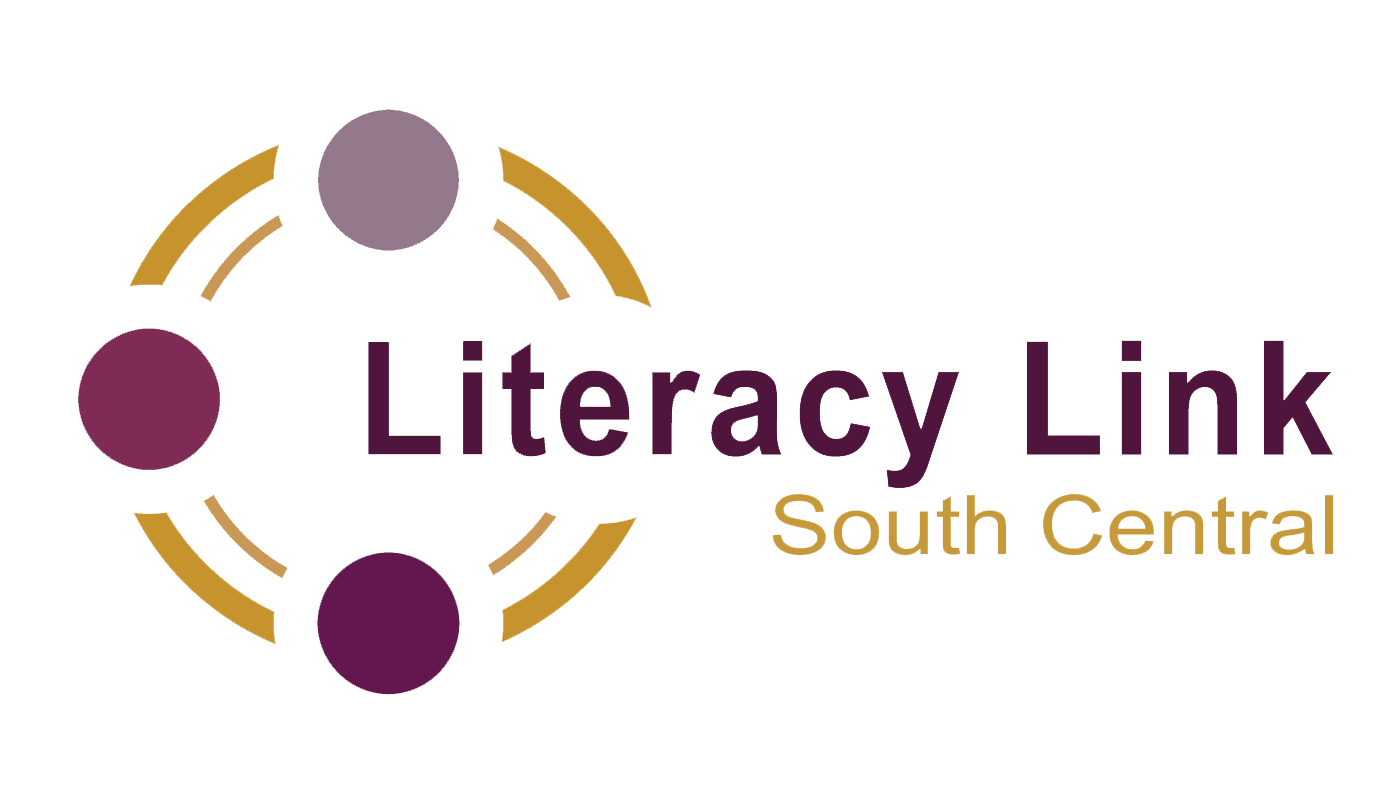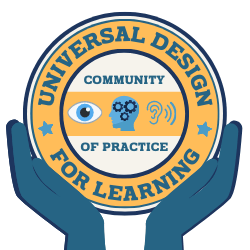Universal Design for Learning (UDL)
What is Universal Design for Learning?
Universal Design for Learning is an approach to teaching designed to meet learners where they are. The basis for this approach is an embrace of learner variability, or what the UDL specialist Katie Novak describes as “the unique mix of strengths and limitations we experience based on context, as well as the varied paths we may take in performing learning tasks” (Novak, 2022). The UDL method prepares instructors to deliver their curricula in a format suited to meet the variability of their learners, to help learners become experts at learning and self-advocacy. UDL practitioners recognize that different forms of media and technology can assist them in creating a classroom that is collaborative and inclusive in the broadest sense.
A core feature of UDL is its emphasis on learner autonomy. UDL practitioners embrace learner autonomy by asking Why they require learners to learn something rather than starting with the question, “What will we be teaching learners?” As the educator Barbara Bray observes, “Why not ask ourselves WHY we would want to learn in the first place?” (Bray, 2019). Her question illustrates the direct connection between UDL and the principles of adult education, which require that learners “be made aware of the reason why they have to learn certain material” (McGrath, 2009).
The best place to begin your exploration of UDL is with the CAST Guidelines.
Universal Design for Learning (UDL) creates learning opportunities for everyone. It guides the design of learning goals, methods, materials, and assessments. It is customized and adjusted to meet individual needs. UDL minimizes barriers to learning to maximizes outcomes for all learners. It is flexible to accommodate all kinds of users. It’s based on
- representation – offering information in different ways
- action and expression – giving learners plenty of options to express what they know
- engagement – giving learners choices based on their interests
We believe that UDL is critical for learning. We believe it will change the shape of adult education. We embrace UDL because it is
- inclusive
- based on science
- a cutting-edge approach to breaking down barriers to learning
We embrace the principles of UDL because it matches the learner-driven mission of adult education.
Community of Practice
We have created a Community of Practice to deepen our knowledge of UDL. We’ll do this by
- drawing on the expertise and experience of our peers
- exploring ways to apply UDL in the virtual and physical classrooms of adult education
To access the resources from each of our Community of Practice Sessions, please click the session name or date below.







